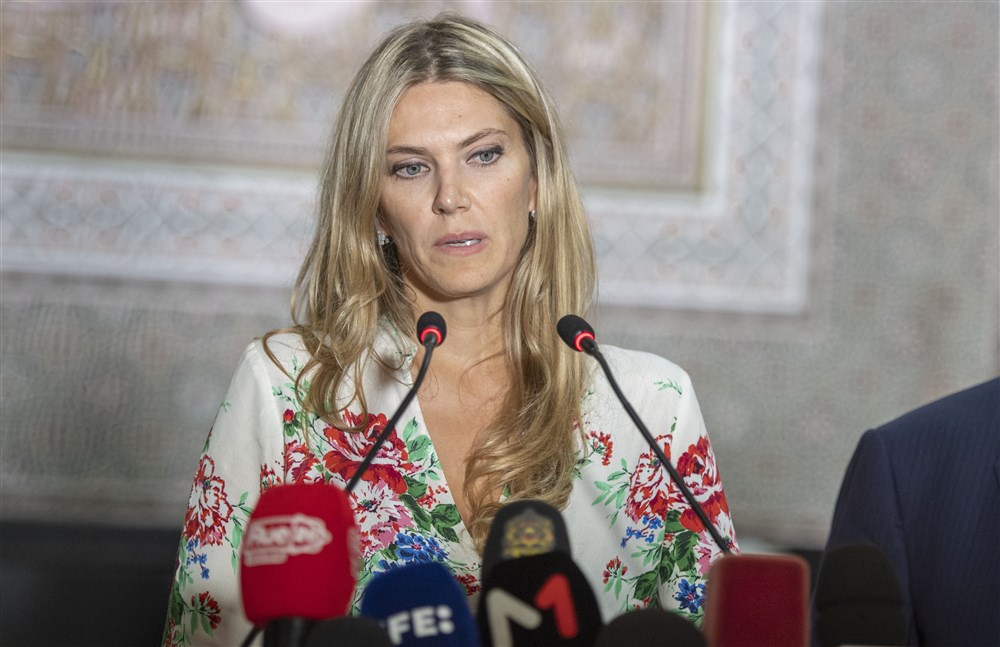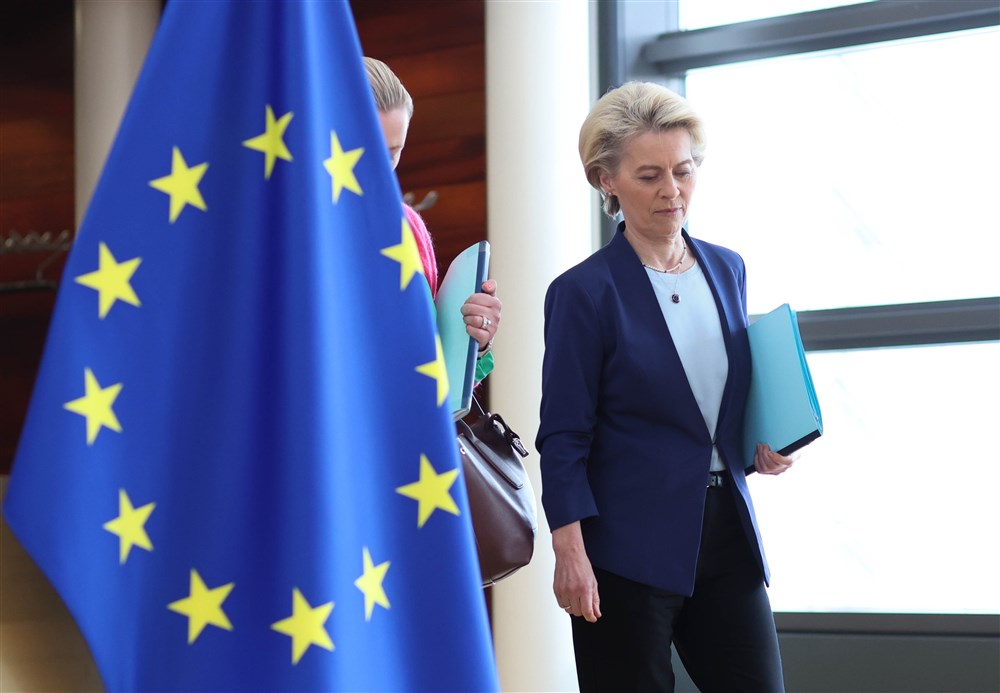Italian Prime Minister Giorgia Meloni has called surrogacy a “universal crime”. She has proposed amendments to legislation that would ban municipalities from certifying foreign birth certificates to same-sex couples who use surrogacy abroad. Parents who had made use of more liberal surrogacy regimes in foreign countries could be punished back in Italy.
Surrogacy is punishable in Italy under a law from 2004. The demand for the procedure was then increasing as the technology developed. Both commercial and altruistic surrogacy are banned, with prison terms from three months to two years and a fine of 600,000 to one million euros. Commercial surrogacy – where women receive monetary compensation for carrying a child – is allowed in the US, but is banned in Europe. But altruistic surrogacy -where a woman carries a child of another couple without being compensated – is permitted in some northern and eastern European countries, including in the Netherlands, Denmark, Ukraine and Russia. Commercial surrogacy, a far more controversial practice, offers women monetary compensation for carrying the child.
Under Italian law, the woman who gives birth to a child is its lawful mother. Allowing surrogacy, the legislation’s advocates argue, would lead to the exploitation of women, especially for the benefit of same-sex couples who are also denied the right to adoption. This has led many gay couples to seek out the practice abroad. Brothers of Italy, Meloni’s party, is now proposing to extend the scope of the law so that strict penalties also apply for those seeking surrogacy abroad. Italy takes a much more conservative line on the issue of gay rights than most of its EU counterparts, especially in Western Europe: it only recognises same-sex civil unions, not same-sex marriage.
Enforcing the proposed law will be arduous: the countries where surrogacy is allowed aren’t considered rogue states under international law, making criminalising a foreign practice at home legally complex. The decision has left surrogate children living in Italy but born abroad in murky legal waters. The children effectively become immigrants and are denied automatic rights to the country’s benefits, including its free health care system. Gay parents, regardless of whether they are in a civil partnership or have married abroad, are treated as single parents and can naturalise their child in that way. But Meloni’s new amendment would make this route much more difficult.
To make her case, Meloni focuses her argument on the practice of surrogacy itself, rather than the status of children. Matteo Salvini, her coalition partner for the League, has called surrogacy “medieval”. In Italy, surrogacy is widely described as a “uterus for rent”. The Catholic church is perhaps the most powerful opponent of the procedure, and some left-leaning Catholic politicians agree with the Church’s teachings on the issue. The Vatican successfully lobbied to exclude gay couples from adopting under the civil unions law passed in 2016, the first law in Italy that allowed gay couples some form of legal recognition for their partnership.
Members of Meloni’s party, Brothers of Italy, have called surrogacy a crime “worse than paedophilia”. Meloni is focused on countering the trend of allowing gay couples to have children, stating clearly that a child should have a mother and a father, as was evidenced in her famous speech in which she passionately argued against the modern trend of having “parent one and parent two” replace mother and father in official records.
But surrogacy isn’t merely used by gay couples. Heterosexual couples benefit from surrogacy and request it the most, unsurprisingly as they are more numerous. Many heterosexual couples suffer from infertility, especially as the average age for having children has increased in the West, making successful pregnancies more difficult. Surrogacy becomes the only option for many parents who wish to have children.
Meloni’s stubbornness on the issue of surrogacy isn’t borne out of a hatred for gays – she claims to have many gay friends – but rather the strict traditionalist view on same-sex family rights many of her party’s supporters adhere to. Meloni is unmarried herself, and shares a child with her partner.
The Prime Minister has made addressing Italy’s declining birthrate a priority, yet surrogacy is one small way to address her country’s rapid population decline. Italy is the country in Europe with the third lowest birthrate, after Malta and Spain, and has an ageing population increasingly dependent on public benefits.





